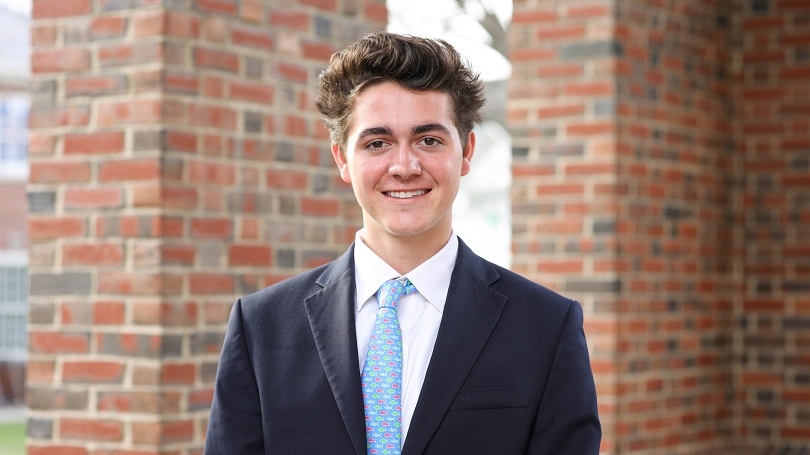
- Public Policy
- Leadership
- Funding
- News & Events
- About the Center
Back to Top Nav
Back to Top Nav
Back to Top Nav
Back to Top Nav
As a First-Year Fellow, Stevie Karol ’21 interned at the World Resources Institute under the mentorship of Sofia Faruqi ’07. The following is an excerpt from his final report.
This summer, I interned at the the World Resources Institute (WRI). WRI is a research organization that empowers governments, private and public companies, and small businesses to incorporate sustainability practices in their business models. Through various initiatives and programs, WRI focuses on its core sectors of climate, energy, food, forests, water, cities, and ocean to further its global mission.
As an intern on the New Restoration Economy team under the Forests division, I worked directly with my mentor, Sofia, and her team members to research and plan a business accelerator in Nairobi, Kenya for start-up ventures in the sustainability field. An accelerator is a program for small business owners to learn essential business skills in a short period of time, increasing the likelihood of success for these businesses. The programs usually include workshops in financial literacy and management and culminate in an investor roundtable where the small businesses present their ideas to potential funders or partners. In WRI’s accelerator, we focused on creating a program for businesses in the reforestation industry in Sub-Saharan Africa. My responsibilities for the planning of the accelerator included researching previously held accelerators in Africa, scoping potential businesses to participate, and contacting investors and experts in the relevant technical fields.
The most rewarding part of the fellowship experience was being part of a team that took the idea of the business accelerator and made it a reality. When I arrived at the institute, the planning was only in its first stages. During my day-to-day work at WRI, I was inspired to make a meaningful contribution to help transform this idea into an event that will have a tangible impact on the world. After many weeks of phone calls, emails, and comprehensive research, the program began taking shape and is scheduled to run during early November, 2018 in Nairobi, Kenya. I found it rewarding to work on a project that will directly improve the lives of many African people and impact the world’s environment in a positive way. As climate change continues to threaten the world’s most vulnerable countries, I was proud to contribute to a project that battles against this threat. I would like to thank the Rockefeller Center for affording me this amazing opportunity.